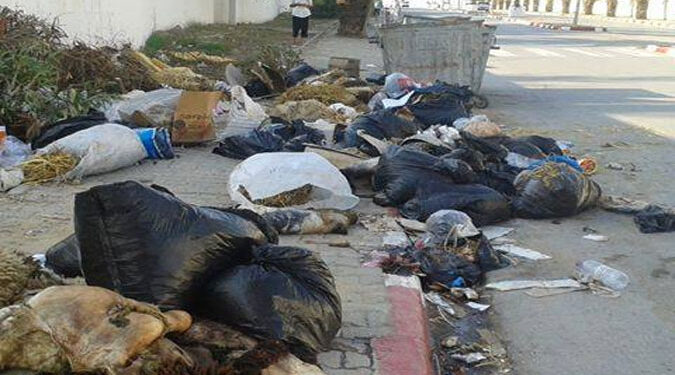The national campaign for the valuation of sheep skins sacrificed on the occasion of Eid El-Kébir failed to achieve its objectives this year. According to Sami Ben Yahia, president of the association For a clean Tunisiaonly 20 % of skins was collected, compared to 40 % in 2024.
In a statement to the TAP agency, the manager sounded the alarm: “Nearly 500,000 skins may be abandoned in the wild or buried without treatment, which would represent an ecological disaster”.
The figures speak for themselves: out of around 800,000 skins from Eid’s sacrifices in Tunisian homes, barely 160,000 have been recovered. The previous year, the campaign had made it possible to collect more than 300,000. This decline is mainly explained by the boycott of tanners and collectors, who refused to participate in the operation this year.
Tanners, according to Ben Yahia, have conditioned their participation in obtaining exceptional derogations to export skins, arguing that their valuation on the local market is no longer profitable.
In total, only three or four tanneries on fifteen active in the country took part in the countryside. Meetings however took place at the headquarters of the National Center for Leather and the Shoe upstream of Eid, bringing together the stakeholders, including the tanners and the association For a clean Tunisia. But no agreement could be found in time.
This situation highlights the gaps in the sector and the urgency of reviewing the Eid waste recovery system to avoid a dramatic environmental impact.








